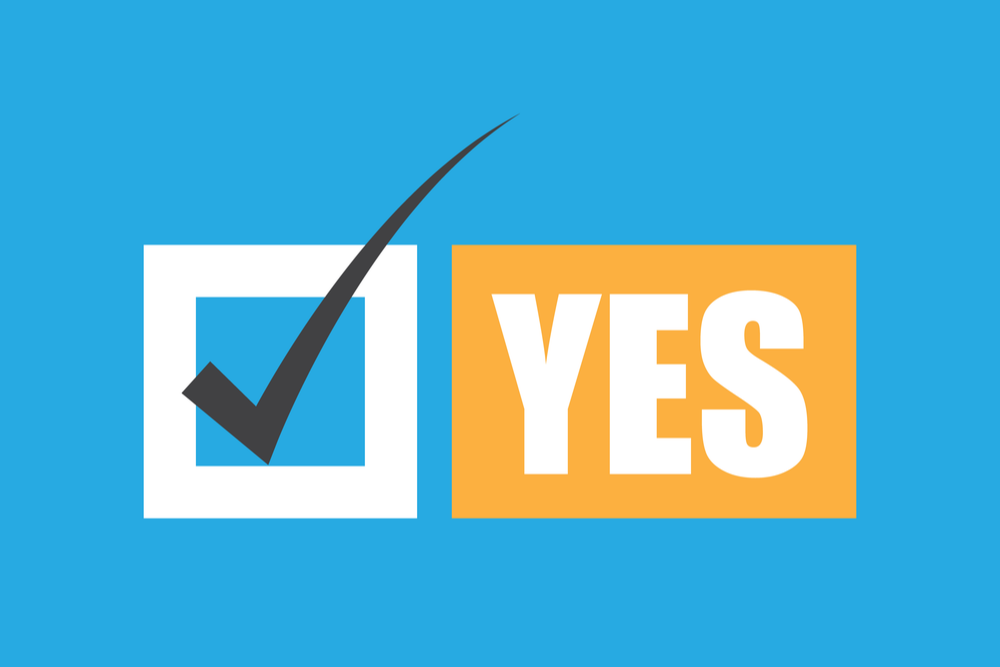Recent political discourse may have left many familiar with the term ‘populism’, particularly given the sudden swing towards right-wing parties in many wealthy nations over the last few years. However, for every right-leaning, conservative promising to return to good old fashioned values and fight for the working man there’s also someone on the left promising a radical socialist upheaval for the good of the people and social justice as well. Indeed, Encyclopedia Britannica defines populism as a political ‘movement or program’ that aims to champion the common people over a real or perceived elite.
At this point, looking past popular conversation prompted by mainstream media, the average Caribbean citizen won’t be wrong to speculate that a large part of their political climate is heavily impacted by populist sentiment and rhetoric. Don’t feel put off however as this debate has been raging, quite literally, for millennia. Should mob consent and demands be the basis of policy or should democracy be more ‘tempered’ and ‘controlled’?
An Inevitable Facet Of Democracy?
A 2017 piece from Brookings delved into another angle of this as well. Titled ‘More Professionalism, Less Populism: How voting makes us stupid and what to do about it’, we see the hurdles of a more ‘participant’ form of democracy where various cross-sections of the public are encouraged to each advocate for their interests. As part of this equation politicians both channel and encourage these demands based on partisan, populist sentiment. More often than not such things paralyze the administrative process as varying conflicting demands and ‘solutions’ for aired problems are all meted out, sometimes by the same political movement.
It is, after all, politically expedient to trade handouts and ‘gifts’ for votes. This has led to situations where policy may actually stand to be economically harmful in the long term but are enacted anyways purely for the purpose of pleasing populist sentiment; thereby securing votes. This as well may seem familiar to the Caribbean voter where, despite crises, austerity measures and economically uncertain times, politicians may quickly cater to populist sentiment by promising increased welfare policies, grand construction projects and state benefits to secure popular support prior to an election; even if said policies increase debt and have their benefits negated in the long term due to bloated, unsustainable expenditure.

A Tale Of Two Cultures
Ironically, the Caribbean boasts a political culture entirely dissimilar to that of developed nations such as the US and those of Europe. The Civic Culture by political scientists Almond and Verba elaborates on this by noting the above mentioned ‘participant’ cultures of the developed world. Consequently, less developed nations tend to display more ‘subject’ and ‘parochial’ political cultures. In the former, democratic values are really ever brought into practice every election cycle with this largely being the only time the public’s voice is heard. Democratic participation outside of election cycles such as advocacy and applying interest group pressure to state institutions are rare or usually from well-financed sources.
The latter ‘parochial’ culture is arguably the worst and defines citizens who are either unaware or simply don’t care for the political process. Thus, they neither vote nor advocate and may view state mechanisms with disdain, dismissal, and nihilism. This is also arguably the most dangerous political culture as people who are extremely disenfranchised with a system they have no confidence in are more likely to support radical fringe groups. The Caribbean region tends to exhibit mostly subjects and some elements of parochial political cultures. Yet, the problems of populism are eerily similar to those in developed states.
Finding Solutions To Divergently Similar Problems
What then, are the solutions to a similar problem arising in two dissimilar regions? As noted in the aforementioned Brookings piece, a middle ground should be sought. In the case of a state where too much participant demands paralyze the process, an intermediary force must be sought to balance things. Comparatively, the Caribbean region may benefit from an increase in voter awareness and participation. Where it was recommended that the US see more ‘professional’ policymakers and administrators acting as a middle ground between the public and politician, something entirely different may benefit the Caribbean region.
Without giving way to ‘mob’ like populism in the arena of political participation, local government reform can be an extremely effective way to improve stable, functional, and sustainable democratic involvement. This includes fully making local government elections proportional representation based as well as undertaking pushes to prompt an educated class of citizens to directly interact with their local representatives in the improvement and running of their community on the ‘parish’ or ‘borough’ level. Currently, for many Caribbean states, the local government carries the post of merely being a stepping stone for political hopefuls and a ‘rough indicator’ for general elections.

This prevailing mentality has led to a usually low voter turnout rate (sometimes less than half the turnout rate of general elections) and, at times, very little communication or cooperation between communities and representatives during their terms. Ironically, by strengthening these institutions’ roles we can also prevent the challenges seen in nations like the US from arising wherein a ‘populist mob’ demands directly to the central government creating a constant area of contention and dysfunction.



















